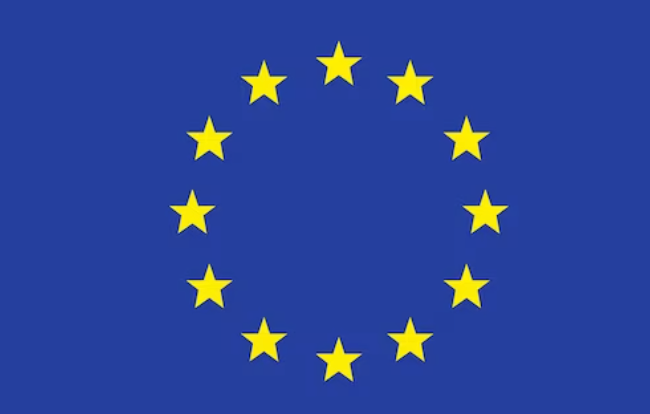$XOM $LNG $BTC
#Oil #Gas #Energy #TradeWar #EU #US #Tariffs #NaturalGas #Trump #FossilFuels #Economy #Geopolitics
The former U.S. president-elect has delivered a sharp warning to European Union member states, urging them to increase their purchases of American oil and natural gas exports. In what many interpret as a high-stakes geopolitical maneuver, the consequence of failing to comply with these demands could be the imposition of heavy tariffs on EU goods entering the U.S. market. This controversial proposition has heightened tensions between two of the world’s largest economic regions and sparked concerns about the potential disruption of global trade flows.
The EU has long been dependent on foreign energy imports, primarily from Russia. However, the past few years have seen mounting pressure from western allies, particularly the U.S., to diversify energy sources and reduce reliance on Moscow. By pushing EU nations toward buying U.S. energy, the American government appears to be prioritizing its strategy of bolstering domestic energy producers while strengthening its foothold in the global energy market. For corporations such as ExxonMobil ($XOM), Cheniere Energy ($LNG), and others in the natural gas and oil sectors, this potential shift could mean increased demand and higher revenues. However, the financial markets may experience heightened uncertainty as trade disputes add volatility to affected equity prices.
The specter of tariffs has triggered apprehension in European capitals, where policymakers are weighing the economic repercussions of shifting their energy portfolios toward U.S. suppliers. Many European businesses that rely on transatlantic trade fear the costs of retaliatory or preemptive tariffs could erode their profit margins. Currency markets, too, are likely to react, as such actions tend to impact the valuation of both the euro and the U.S. dollar. As for U.S. producers and exporters of oil and natural gas, this diplomatic standoff could lead to windfall gains if Europe opts to increase purchases. However, analysts caution that energy supply agreements are complex and involve logistical challenges that could dilute the intended benefits for American energy firms in the short term.
Meanwhile, the geopolitical implications of this warning extend beyond trade. Energy security has become a critical tool in modern diplomacy, and the U.S. move to pressure the EU aligns with its broader strategy to counter Russia’s leverage in the energy sector. Over time, if the European Union acquiesces and significantly pivots its buying toward American-produced oil and gas, it could reshape the global energy landscape and potentially reduce Europe’s vulnerability to external energy shocks. However, the imposition of tariffs could provoke disputes within the World Trade Organization (WTO) and further damage the fragile trust underpinning U.S.-EU relations. As global markets digest the long-term implications, traders and investors are likely to keep a close watch on developments in the energy, commodities, and currency sectors.











Comments are closed.